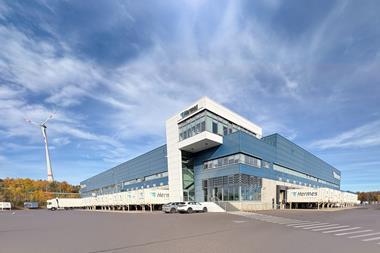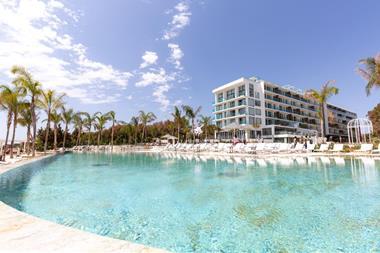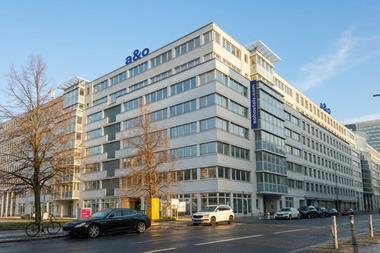GERMANY - The last major German open-ended real estate fund (GOEF) - the CS Euroreal - is to be dissolved.
Similar to other investment companies, Credit Suisse had tried to re-open the frozen GOEF for one more day of trading to gauge investor sentiment.
But earlier this week, too many investors were attempting to redeem their shares, and the management decided to dissolve the fund.
Karl-Heinz Heuß, managing director of Credit Suisse Asset Management Immobilien KAG, said: "The vote taken by the investors was clear - redemption requests massively exceeded initial forecasts, and there is no alternative to liquidation."
The liquidation is planned to take place over the next five years with biannual payouts to investors.
In other news, Commerz Real Estate presented the result of a new report on German institutional investors and infrastructure showing a major increase in interest in the asset class.
The study, done in cooperation with the Research Centre for Financial Services at Steinbeis University in Berlin, found that investments in renewable and alternative energies are "first on the wish list" of insurers, Versorgungswerken and Pensionskassen.
According to Commerz, this asset class has been chosen based on the "stability and calculability of returns, the high contribution to portfolio diversification and the hedge against inflation".
The survey also showed that, in 2011, as much as 23% of institutional investors already had an exposure to infrastructure, with an average quota in the portfolio of 0.9%, one-third more than in 2010.
Insurers are forerunners, with a 1.7% quota, while foundations, Pensionskassen and Versorgungswerke are still "more cautious", Commerz said.
Over the next three years, the real estate company expects the share of investors in the sector to almost double to 44% and the share in the portfolio to increase to 2.2%.
It added: "Twelve months ago, surveyed institutions had only forecasted an increase to 1.6% for the same period."
Meanwhile, iii-investments published its spring outlook for the European real estate sector, seeing mainly Germany and Northern Europe as "core European countries".
However, given the economic downturn, in recent months, "investors have needed to reduce their rental price expectations", iii-investments said.
Further, several project developers have taken the economic situation and the lack of financing possibilities into consideration and have postponed new project activity to 2014-15, it said.
This will, in turn, lead to a decline in vacancy rates and an increase in rents over the next years, it predicted.












